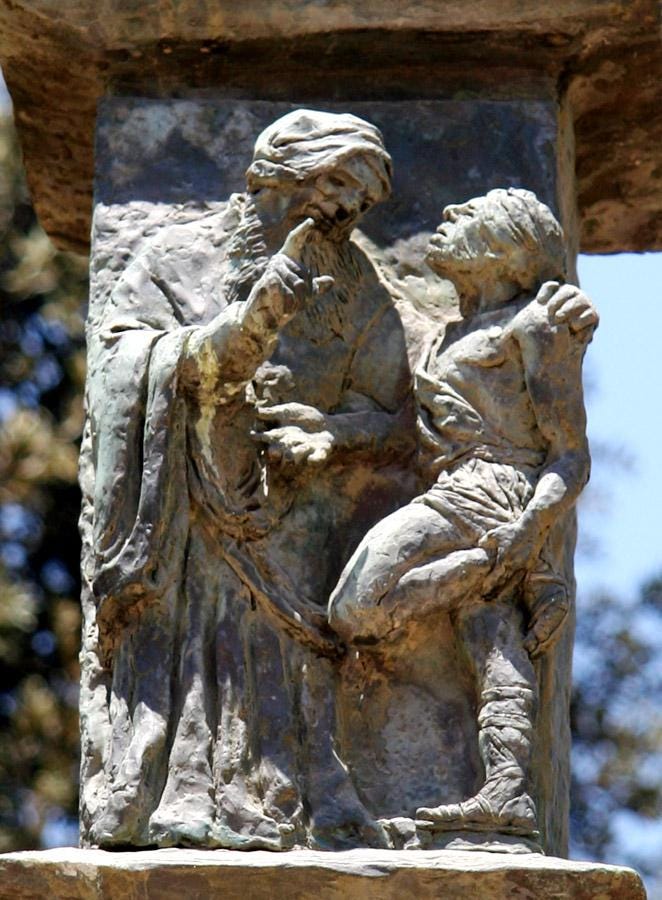A Scholar for the Ages
Today is Rosh Hashana, the beginning of a new year on the Judaic calendar. This brings to mind an episode from Jewish lore which has always appealed to me. It is the story of history’s most famous elevator pitch.
Hillel was born around 110 B.C. and lived in Babylon, what nowadays we call Iran. Later in life, around the age of forty, he was overcome with a burning desire to study the Torah, which took him to Jerusalem as the ancient world’s epicenter for rabbinical studies. No different than in modern times, scholarship was for people of means, since students generally produce nothing as they learn, so Hillel struggled financially to keep himself in schul. He hired himself out for odd jobs, just to pay the quarter of a dinar for admittance to the lectures. One time during winter Hillel found no work on a Friday, so he could not pay admission. Undeterred, Hillel scaled the schul’s roof to overhear the lecture nearby a skylight. It began to snow, which covered him laying there, eavesdropping. Someone noticed the accumulation of snow which began to obstruct the skylight, which led students to discover Hillel and bring him down, half frozen as he was. Though igniting fires is prohibited on shabbat, an exception to preserve human life is recognized, so students warmed Hillel back to health.
Hillel went on to become a rabbi and earned great renown. He established a schul which taught eighty students, each of whom in turn mastered the Torah and Talmud. Hillel the Elder, as he has come to be called, developed such a reputation for knowledge and wisdom that “randos” in the street used to test him. One day, a gentile accosted him. He demanded that Hillel teach the entire Torah – that which scholars spend whole lifetimes studying – in the span of time during which the gentile could remain standing on one leg. Rising to the challenge, Hillel the Elder replied, “That which is hateful to you, do not to your fellow. That is the entire Torah. The rest is all commentary."
This exchange is memorialized in relief upon a sculpted menorah standing outside the Knesset’s chambers in Israel (the Knesset Menorah). Some call it an enunciation of the Golden Rule. If anything, it is an example of brilliance, as the whole point of good scholarship is to distill the very essence of the subject in question.
In our fast-paced lives with Tik-Tok attention spans, Hillel the Elder’s lesson rings even truer than a thousand years ago. The celebrated rabbi dealt with holy matters. The subject on which I write is none so lofty, but similarly my readers would benefit if I could condense the subject matter to its quintessence. Taking the different ethics discerned across secular topics like economics, law, history, philosophy and political science, if I had to summarize Libertarianism in an elevator pitch, then what I’d say is: don’t hurt people and don’t take their stuff.
Now readers need not suffer my wordiness.
Happy 5785th everyone!




